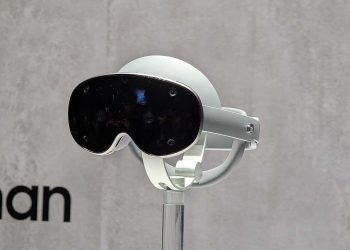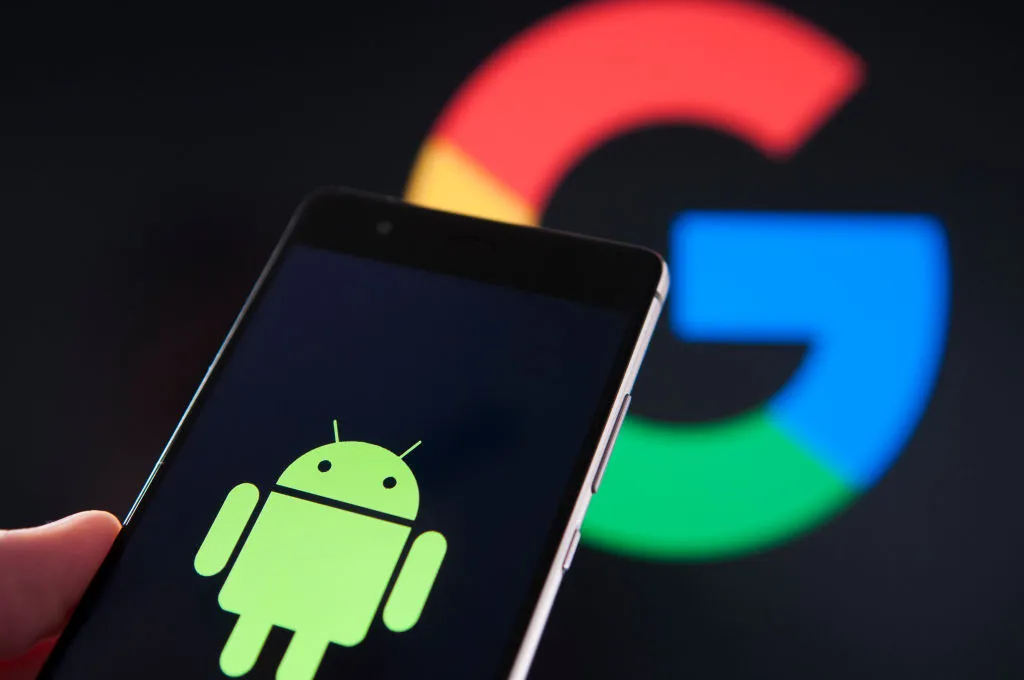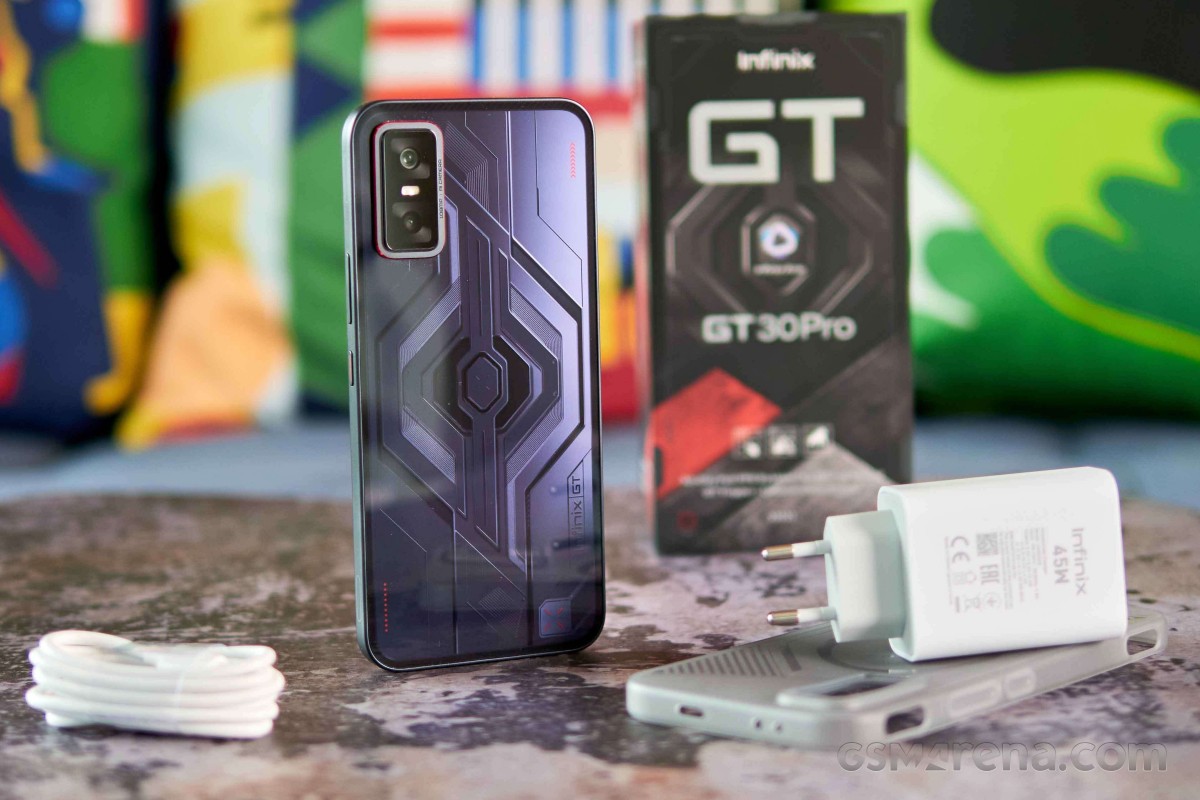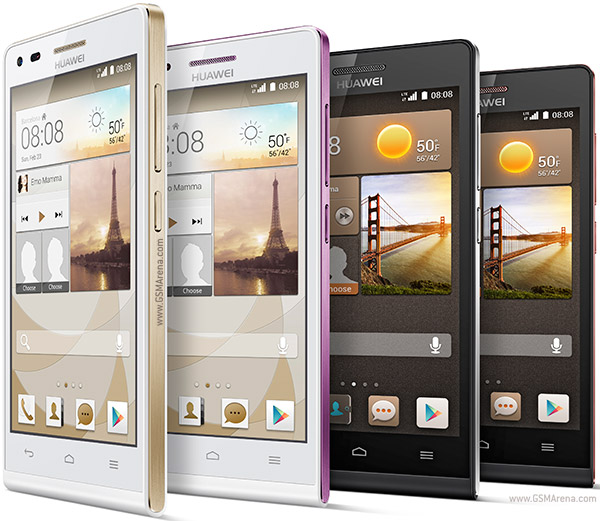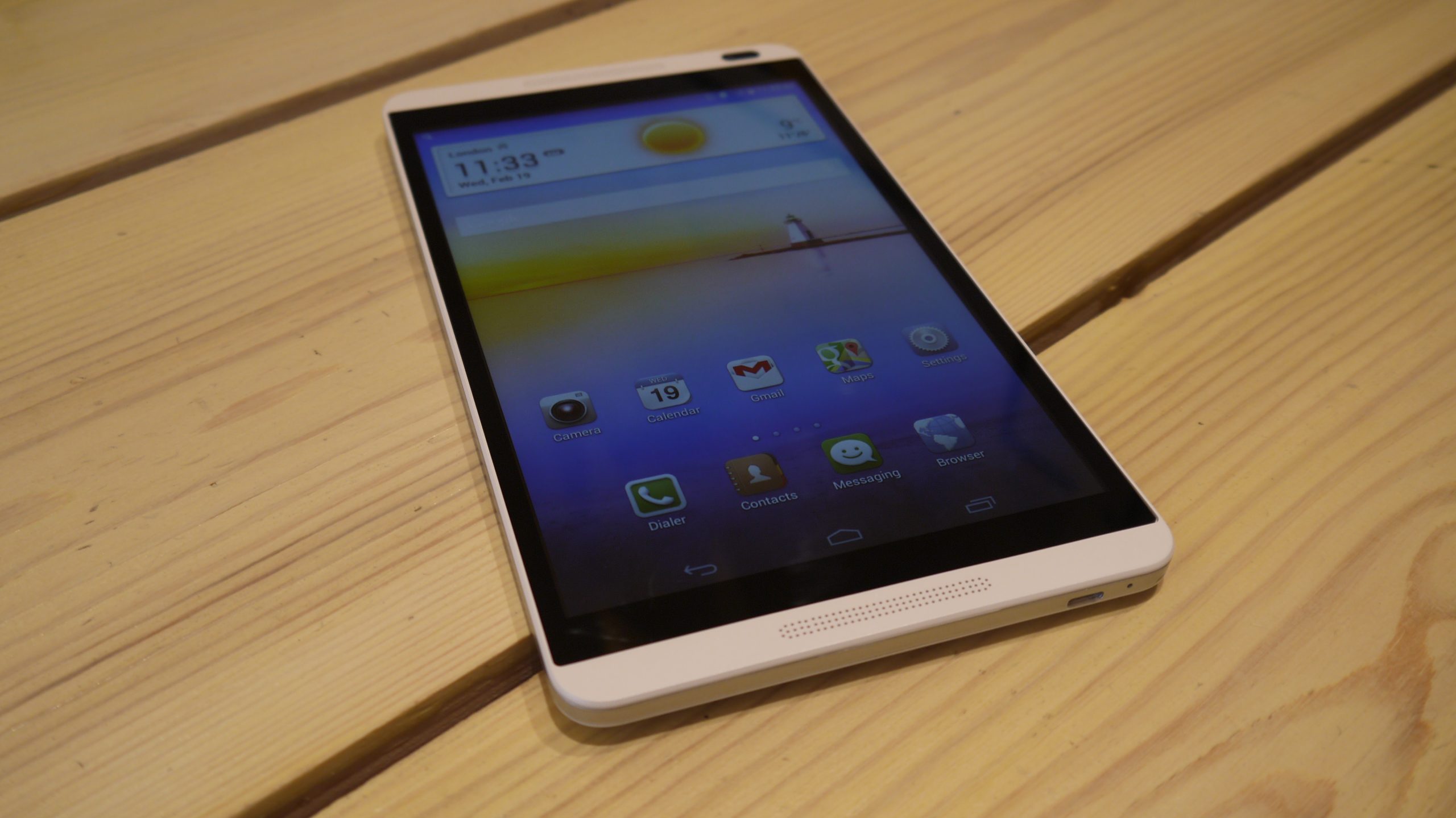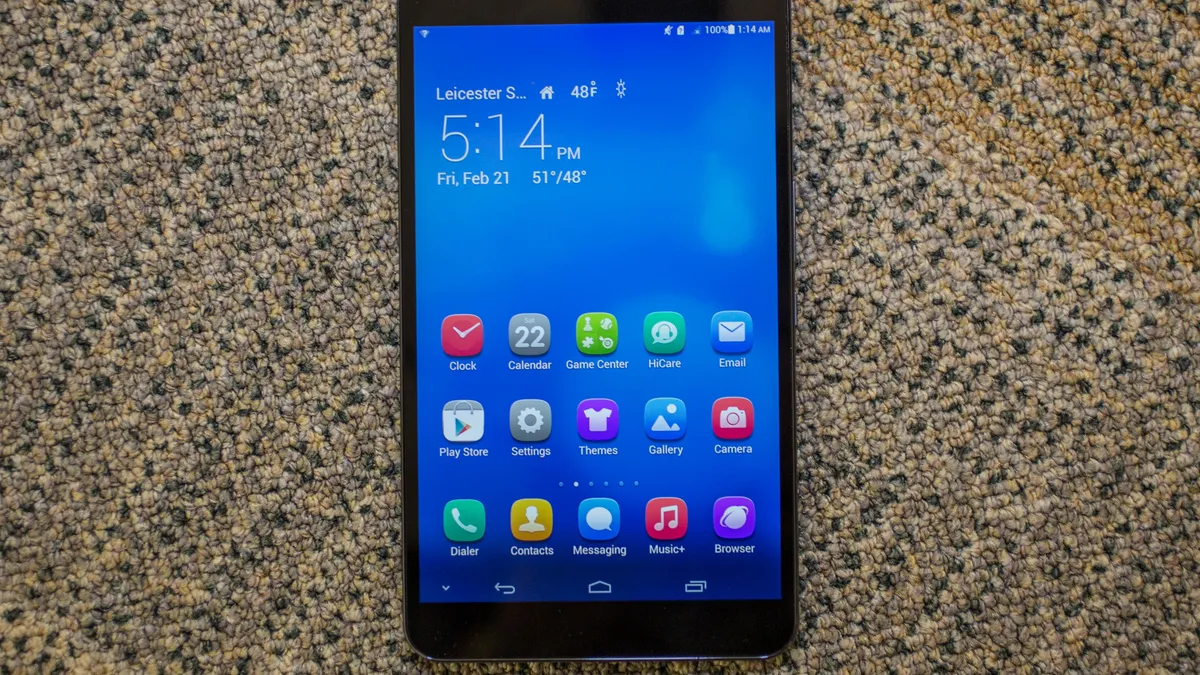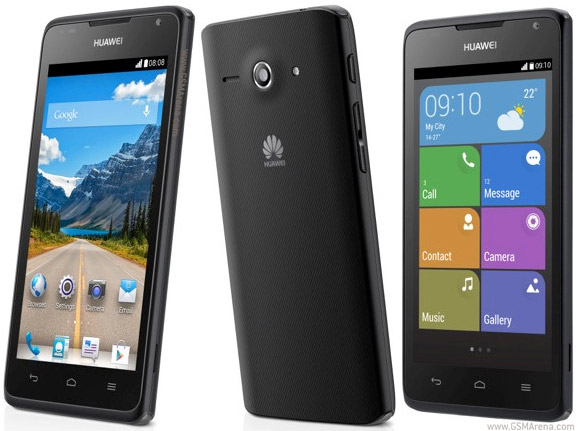Business professionals are increasingly relying on mobile devices to handle tasks once reserved for desktops and laptops. The latest models from Samsung — the Galaxy Z Fold7, Galaxy Z Flip7, and Galaxy S25 series — demonstrate how mobile devices can now function as full-fledged workstations. These powerful devices, equipped with cutting-edge mobile processors and productivity software, make it easier for workers to stay productive on the go.
While both laptops and smartphones offer unique advantages, understanding how mobile devices now match or exceed the performance of laptops is essential for enhancing workflow and efficiency.
Comparing Mobile Devices and Laptops: Which is More Powerful?
The comparison between smartphones and laptops isn’t simple. Mobile devices run different operating systems and applications optimized for various tasks, while laptops use more traditional operating systems like Windows. According to Jim McGregor, founder of Tirias Research, benchmark tests don’t always tell the complete story. Nevertheless, recent tests show that Samsung’s latest mobile processors, such as the Snapdragon 8 Elite, outperform laptops in some areas. For instance, when Qualcomm announced its Snapdragon 8 Elite chip, it beat the Intel Core Ultra 7 processor in single-core performance and nearly matched it in multi-core performance.
However, multi-threaded tasks like video rendering or complex content creation still favor laptops, as they are built for more intensive operations. A 2025 CNET survey reveals that while 52% of respondents prefer laptops for document creation, 66% use smartphones for organization tasks like making appointments and taking notes. In short, Samsung’s latest mobile devices excel at quick, single-threaded tasks, but laptops remain superior for more resource-heavy operations.
How Phones Are Becoming More Like Laptops
A 2025 Ivanti study reports that 44% of employees used their smartphones for work in the past year. Despite the growing functionality of mobile devices, 83% of U.S. adults still own a laptop. Many professionals still prefer the laptop as their main work device, but this preference is gradually shifting. The Galaxy Z Fold7 is a great example, featuring 12GB of RAM and storage options ranging from 256GB to 1TB — on par with many modern laptops. The Galaxy Z Flip7 offers similar features in a more compact form.
Both devices offer multitasking capabilities, with the Galaxy Z Fold7‘s 8-inch screen acting like a tablet, allowing users to use multiple apps simultaneously. With Samsung DeX, users can connect their devices to an external monitor and keyboard, turning them into a full desktop workstation.
Where Samsung Mobile Devices Outperform Laptops
In several key areas, Samsung mobile devices outperform laptops:
- Always-on Connectivity: Mobile devices have built-in 5G connectivity, ensuring that users remain connected anywhere there’s a mobile signal — an advantage over laptops, which typically rely on Wi-Fi.
- Instant Access and Portability: Unlike laptops, which need to be powered up, mobile devices are always on, making them perfect for quick, on-the-go tasks. Whether sending an email or adjusting a presentation, the convenience is unmatched.
- Superior Cameras: The Samsung Galaxy Z Fold7 features a triple rear camera system, including a 200MP wide-angle camera, a 12MP ultra-wide camera, and a 10MP telephoto camera — vastly superior to most laptop cameras, making it ideal for high-quality photos and videos.
- All-day Battery Life: Samsung’s mobile devices offer impressive battery life, outperforming many laptops. For example, the Galaxy Z Flip7 provides 31 hours of video playback on a single charge.
- AI-Powered Productivity: Samsung’s AI tools, like Interpreter (for real-time translation) and Audio Eraser (for removing background noise from videos), enhance mobile productivity and make it easier to complete tasks.
How the Samsung Ecosystem Enhances Productivity
One significant advantage of Samsung devices is their integration into the Samsung Galaxy ecosystem, which includes a wide range of devices, apps, and software that enable seamless work experiences. For instance, Quick Share lets users transfer files between their Samsung mobile devices and Galaxy Book laptops. Additionally, Samsung Knox provides a multi-layered, military-grade security platform, ensuring devices are protected from potential threats.
Should Mobile Devices Replace Laptops?
While mobile devices like the Galaxy Z Fold7, Galaxy Z Flip7, and Galaxy S25 series are powerful enough to handle many tasks traditionally performed on laptops, they’re not yet capable of fully replacing laptops for all users. However, these devices excel in offering quick, on-the-go productivity, from responding to emails to reviewing documents. Samsung’s latest mobile devices offer a perfect balance between portability and performance, enhancing employee productivity without the need to switch between laptops and phones.





